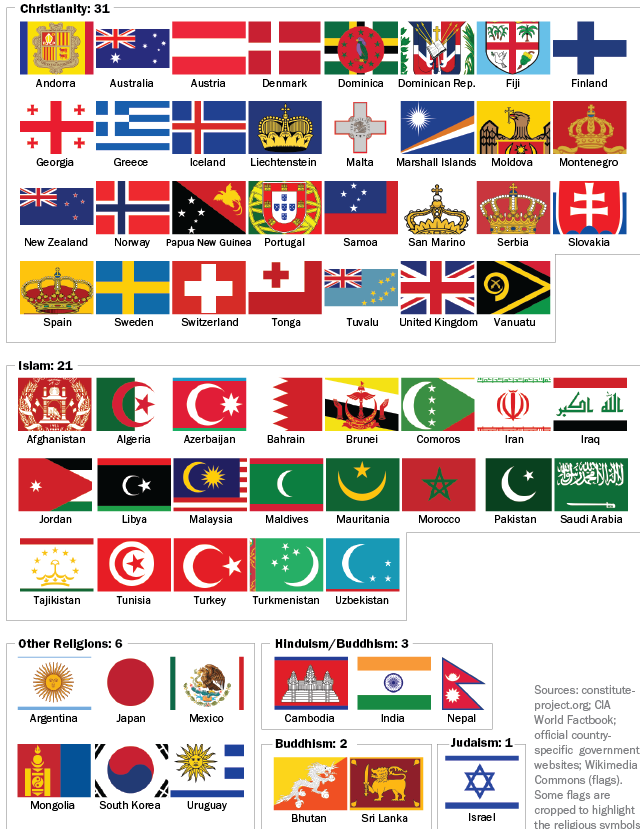Three and a half years ago the BBC adopted the PLO’s interpretation of the term ‘two-state solution’ as meaning a Palestinian state on the territory occupied by Jordan and Egypt between 1948 and 1967.
BBC NEWS AMPLIFIES PLO’S INTERPRETATION OF THE TWO-STATE SOLUTION
While small amendments were later made to the original wording of the BBC’s definition of the term ‘two-state solution’, the corporation continues to promote the inaccurate notion that all Palestinian factions seek that form of solution to the conflict while amplifying the PLO’s maximalist interpretation of the term. Unfortunately for members of the BBC’s audience, its journalists repeatedly erase the fact that all realistic peace proposals based on the principle of the two-state solution that have been put forward throughout the past two decades have included land swaps.
That long-promoted partisan portrayal of the ‘two-state solution’ is relevant to a report by BBC Jerusalem bureau correspondent Tom Bateman which was aired in the June 24th edition of the BBC Radio 4 ‘Today’ programme.
Presenter Mishal Husain introduced the audio version of Bateman’s promotion of a letter expressing opposition to an as yet theoretical Israeli plan to apply civilian law to specific parts of Area C (from 13:25 here).
[emphasis in italics in the original]
Husain: “…and more than 200 British MPs and peers are among those joining a call against Israel’s plans to annex parts of the West Bank, captured in 1967, and formally turning it into Israeli territory. Tom Bateman our Middle East correspondent is on the line from Jerusalem and these British signatories are…are part of…of a wider call, Tom.”
Husain refrained from informing listeners that no such plans have yet been published and, as usual in BBC content, her portrayal of history began in June 1967, with audiences hearing nothing at all about the relevant historical background of the area concerned.
Bateman: “Yes, Mishal, this is a letter by more than a thousand European parliamentarians. It was instigated by a former speaker of the Israeli parliament and some other former high-profile public figures in Israel who are among those still supporting the traditional [sic] two-state solution formulation to the end of the conflict.”
Listeners were not told the names of the organisers of the letter or anything more of their political views.
Bateman: “This letter from European parliamentarians, it includes as you say more than 250 British MPs and peers. And they say that Israeli annexation of up to 30% of the West Bank could be fatal to the prospects for peace between Israel and Palestinians and also call for commensurate consequences as they put it if annexation goes ahead.”
Bateman made no effort to provide BBC domestic audiences with information which would enable them to make up their own minds about the claim made by some of their lawmakers that the application of Israeli civilian law to parts of Area C “could be fatal to the prospects for peace”. He did however promote the notion that “seniority” precludes being mistaken.
Bateman: “And I think one of the notable things about the names on the British side is the range and seniority really. It includes for example the former leader of the Conservative party Lord Howard, the former counter-terrorism minister Baroness Pauline Neville Jones who was a former chair of the joint intelligence committee and also 35 current members of the Labour front bench.”
Husain: “What is the difference between annexation and what is already in place on the ground?”
Bateman: “[pause] Well annexation would involve…ahm…I mean the term that Israel uses is extending Israeli law to the settlements. It disputes the term annexation itself but the reality would be making these a formal part of Israel, so that’s potentially all the Jewish settlements and the strategically important Jordan Valley.”
Listeners did not hear any explanation of why the term annexation is inaccurate. Neither were they informed that under the US Administration’s ‘Peace to Prosperity’ proposal (which is the backdrop to this story and which was of course rejected by the Palestinian Authority before it was even published), the Palestinians would gain territory in Area C that they do not currently control for their future state.
Bateman went on to give (not for the first time) an inaccurate portrayal of the terms of the Oslo Accords.
Bateman: “The situation at the moment in the West Bank is complicated but it’s largely [sic] as a result of the Oslo Accords of the 1990s which gives the Palestinians limited [sic]…ah…civil control of certain areas of the West Bank. Israel has ultimate military control across the entire territory.”
The Palestinian Authority of course has complete – rather than “limited” – civil and security control over Area A. In Area B the Palestinian Authority has civil control while Israel has security control. In Area C is under full Israeli control and subject to final status negotiations.
Bateman: “But the point is that Palestinians in those areas that are controlled by Israel – those in Area C – live under Israeli military rule whereas Israeli settlers have a de facto…ahm…ah…in a de facto sense live under Israeli civilian law.”
Listeners may well have been asking themselves at that point why Israel would be pondering the application of Israeli civilian law to towns and villages in Area C if, as Bateman inaccurately claims, it already applies there. As explained by Professor Eugene Kontorovich:
“Today, more than 400,000 Israelis live in West Bank settlements, still governed by an odd patchwork of military regulations. As a result, property is governed by obscure Ottoman land law. Permitting for infrastructure projects is difficult and burdensome. Most Israeli environmental regulations don’t apply.”
Bateman closed his report with yet more unevidenced promotion of the Palestinian talking point according to which the application of Israeli civilian law to Israeli communities in parts of Area C would harm the prospects of a two-state solution.
Bateman: “So it would extend Israeli sovereignty to those areas making them a formal part of Israel and that would be seen to put a huge dent in the prospects of a two-state solution because of course the Palestinians want the whole of the West Bank as part of their future state.”
Bateman refrained from reminding listeners that those “prospects” are exceedingly dim anyway because long before the topic of application of Israeli law to parts of Area C arose, the Palestinians refused to engage in any serious negotiations.
Once again it is evident that Tom Bateman’s reporting focuses on the selective promotion of PLO talking points rather than on providing BBC audiences with the full range of information needed to understand this issue.
Related Articles:
BBC NEWS AND BBC RADIO 4 MISLEAD AUDIENCES WITH JULY 1 ‘ANNEXATION’ CLAIM
THE BBC CONTINUES TO FRAME AN EVENT WHICH HAS YET TO HAPPEN
THE BBC’S ONE-SIDED ‘ANNEXATION’ BINGE CONTINUES
BBC NEWS MISREPRESENTS ‘PREVIOUS US POSITIONS’
REVIEWING THE BBC’S ‘ANNEXATION’ BACKGROUNDER – PART ONE
REVIEWING THE BBC’S ‘ANNEXATION’ BACKGROUNDER – PART TWO
BBC NEWS AGAIN AMPLIFIES OPPOSITION TO APPLICATION OF ISRAELI CIVIL LAW






You cannot support the Palestinian “vision” of their state without rewarding Jordan’s aggression and complete ethnic cleansing of the Jews from the area in 1948-49. So, if it just too bad for those Jewish communities, then in a stroke, there goes the basis for the (phony but often invoked) Palestinian “right of return.”
That everyone in the West takes as a given that all Jews will have to vacate any state of Palestine is to condescendingly acquiesce in the view that Arabs are simply incapable of creating a just society that values basic and universal conceptions of civil rights and equal protection, and that the Arabs are too childish to acknowledge the long history of the Jewish people in the land. Why the Western focus on creating an international dependent basket-case at best and a failed terror state that will destabilize the entire region at worst, is anyone’s guess.
The reality, of course, is that the Palestinian Arab rulers will never agree to an end-of-conflict resolution – and their Western supporters understand as much. However, as the Middle East decreases in importance and the old entente with Islamic terrorists (safe passage in Europe so long as you conduct your attacks outside of Europe) continues to collapse, the West will drop the pretense of supporting the Arabs against a Western-styled democratic country that adds value to Western civilization in almost every area of research and thought.
We already see strains and cracks throughout the EU arising from Muslim immigration and the difficulties in making them “proper” Europeans. This problem is difficult to pin on Israel, the Europeans know as much and so, given its past, it is only a matter of time until Europe erupts. It will have to choose between following the logic of its cheap rhetoric against Israel and commit cultural suicide or weather charges of hypocrisy and act forcefully to maintain their cultures. Whatever happens at that point, it will be clear that maintaining an anti-Zionist attitude will yield it no dividends – that doesn’t mean that Europe will abandon that attitude, as ingrained habits die hard. It will, however, expose their longstanding policies as having failed. But that is in a somewhat distant future, even if we seem to be in a period where the future arrives unexpectedly quickly.